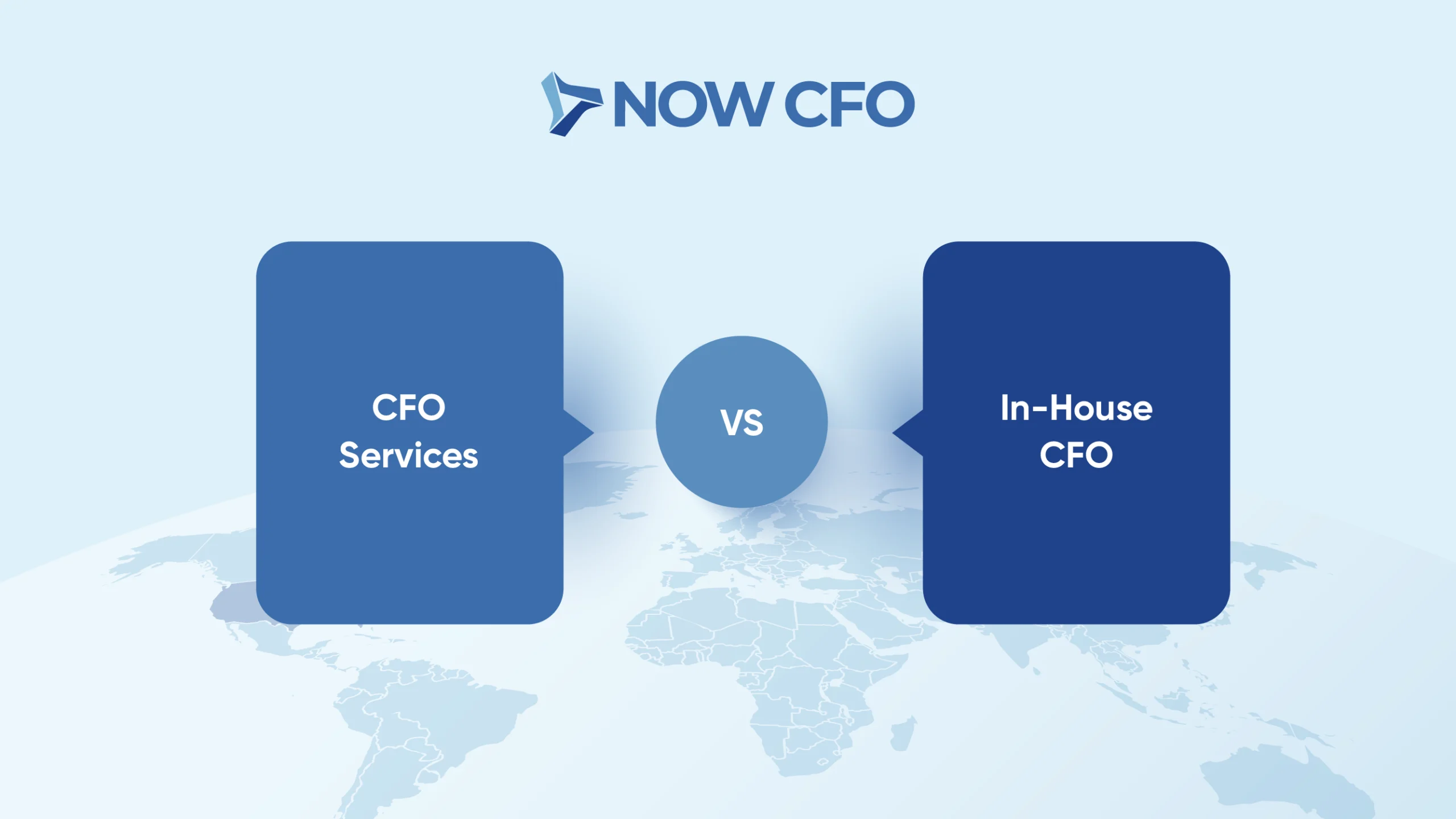
As a business owner, it’s important to consistently be aware of metrics that determine the likelihood of your company’s ability to meet its financial obligations, weather an unexpected downturn, or handle a crisis. Generally, the two metrics given most importance are cash flow and working capital, the latter of which will be addressed below.
Working capital ratio, also known as current ratio, is a financial metric that measures a company’s ability to pay its short-term liabilities using its short-term assets. It focuses on the short-term financial obligations in contrast with longer-term investments, such as fixed assets or research and development costs. A company with positive working capital is not only more likely to withstand financial obstacles, but also have more flexibility to invest in growth once short-term obligations are met.
How is Working Capital Calculated?
The working capital ratio is calculated by dividing a company’s current assets by its current liabilities. The resulting ratio represents the number of times that your company’s current assets can cover its current liabilities. For example, if a company has $100,000 in current assets and $50,000 in current liabilities, the working capital ratio would be 2:1.
Current assets include anything that your company expects to convert into cash or use up within a year, such as cash, accounts receivable, inventory, and short-term investments. Current liabilities entail any expenses your business expects to pay off within a year, such as accounts payable, short-term loans, and current portions of long-term debt. The term “current” is used due to the fact that these items tend to fluctuate in the short term, and can increase or decrease alongside operating activities.
A high working capital ratio—greater than 1:1—is ideal, as this indicates that your company is able to cover its liabilities. This also suggests that the company has good liquidity and is able to meet its short-term obligations. A low working capital ratio—less than 1:1—points to your business having difficulty meeting financial obligations. This could lead to needing to borrow or seek out sources of funding to cover expenses.
Why is the Working Capital Ratio Important?
The working capital ratio is an important measure of financial health, and is commonly used by lenders and investors to evaluate your company’s ability to repay debt or generate profits. Similarly, it indicates your business’ capacity to continue paying employees and suppliers, make interest and tax payments, and invest in growth opportunities. With this in mind, the working capital ratio should be used in conjunction with other financial ratios and metrics to obtain a complete picture of a company’s financial situation.
Managing working capital ratio can be challenging, but it is a critical component of financial management for any company. The challenge comes from the fact that there are multiple factors that can impact a company’s working capital, and these factors are often interdependent.
For example, if your company wants to improve its working capital ratio, you may need to increase inventory turnover, which could require changes in production processes, supply chain management, and customer demand forecasting. Similarly, managing accounts receivable for increased inventory turnover may require changes in billing and collections processes, as well as customer credit management policies.
Additionally, the optimal working capital ratio can vary from business to business, and typically depends on industry, market conditions, and the company’s growth stage. Essentially, there is no one-size-fits-all approach to managing working capital, and business owners must be prepared to adapt their strategies as needed.
Despite these challenges, managing working capital effectively is essential for the financial health and long-term success of a company. By implementing some of the best practices for working capital management described below, you can effectively manage your company’s working capital and improve their financial performance. For further guidance, or if you don’t know where to begin, contracting a fractional consultant is a good place to start. An outsourced accounting consultant can help to implement best practices for working capital management, work in tangent with your existing department, and save on overall hiring costs.
Best Practices for Working Capital Management
Taking the time to prioritize your company’s working capital can help you build a safety net when challenges arise.
Regularly review and analyze the working capital ratio: Companies should regularly review and analyze their working capital ratio to identify trends and potential issues. This can help them to take proactive steps to manage their working capital effectively. This is another area in which an outsourced accountant can help by calculating your initial ratio and managing it alongside changes being made.
Manage inventory levels: Inventory can tie up a significant amount of working capital, so it’s important to be aware of existing inventory, turnover rates, and pricing strategies. In general, your business should avoid overstocking and ensure that inventory turnover is high.
Optimize accounts receivable: It’s crucial to collect payments from customers as quickly as possible, thereby reducing the amount of time that accounts receivable are outstanding. This can be achieved through incentives for early payment, efficient billing and collections processes, and effective credit management. For more information, read our guide on invoicing here.
Monitor accounts payable: As diligently as you’re managing accounts receivable, the same should extend to your accounts payable. Timely payments can mean good relationships with vendors, and often discounts for early payments. When possible, strive to negotiate favorable payment terms.
Manage cash flow: Cash flow management is critical for maintaining a healthy working capital ratio. Companies should have a cash flow forecasting system in place and implement strategies to accelerate cash inflows and delay cash outflows.
Invest in technology: Technology, such as newer equipment, a new ERP, or updated systems can help your company to streamline processes, automate manual tasks, and improve efficiency. This can help to reduce costs and free up working capital.
Seek expert advice: Because your ideal working capital ratio will vary from business to business, seeking the advice of an outsourced accountant will allow you to set targeted goals, as well as to create actionable steps to achieve those goals.
Get Your Free Consultation
Gain Financial Visibility Into Your Business
We provide outsourced CFO, fractional CFO, and temporary CFO, Controller, and operational Accounting services that suit the needs of your business.
- Hourly Rates
- No Hidden Fees
- No Long Term Requirements
NOW CFO provides the highest level of expertise in finance and operational accounting to accelerate results and achieve strategic objectives for sustainable growth and success.
After completing the form, a NOW CFO Account Executive will reach out and learn more about your needs so that we can pair you with the right Partner.
Learn More: Cracking the Code of Business Vitality: Working Capital Unleashed!














